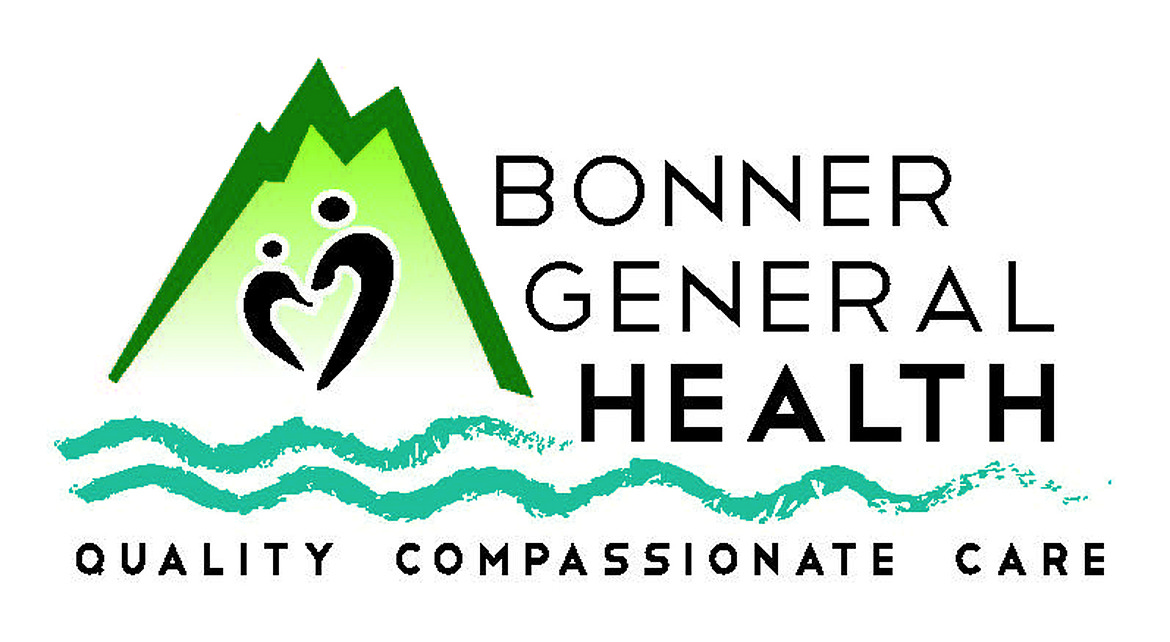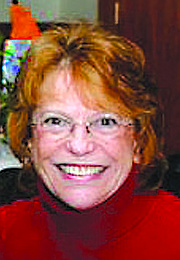Don’t put off breast cancer screening
“I worry that some women are still going to be putting off getting a screening mammogram because they are scared of getting COVID-19,” said Kara-Lee Pool, M.D., a breast radiologist with RAD-AID International in Los Angeles.
“We need to let women know that as long as you and your imaging center follow basic precautions like universal masking, frequent handwashing, and symptom checks prior to arrival, the risks for transmission in a non-surge area are minimal, and the benefits of screening outweigh the risks.”
I couldn’t have said it better myself. If you have been putting off having a mammogram this year because of the virus, there’s no need for you to do so especially if you’re at high risk. Believe me when I tell you that going to Bonner General Health to have your test is safer than going to the grocery store.
COVID-19 isn’t giving cancer a holiday. It’s predicted that 276,480 new cases of invasive breast cancer will be diagnosed in women this year. And, around 2,620 new cases of invasive breast cancer will be diagnosed in men.
Think about that. And, think about how a simple mammogram might prevent some of the estimated 42,170 deaths. Maybe it would prevent yours?
A forty-year old woman who is a data analyst for the National Breast Cancer Foundation said that typically routine check-ups were never on the top of her list. She has a full-time job, husband, children and pets and balancing her life during the pandemic, as it’s been for many of us, was beyond hectic. But, while working from home she was reading an article about self-care that made her sit up and take notice.
“This extra time at home made me realize how much my family needs me to be healthy,” she said. She got her mammogram.
A woman is considered to be at average risk if she has no history of breast cancer nor has a close family member (mother or sister) who’s had the disease, nor the genetic mutation (BRCA gene), nor has had chest radiation treatment before the age of thirty.
So, if you’re at average risk, and are between the ages of 40 and 45 you have the option to start screening according to the American Cancer Society. Then, when you’re 45 until you’re 54 you should get one every year. Women over 55 can choose to continue yearly or change to every other year.
“Screening should continue as long as a woman is in good health and is expected to live at least ten more years,” ACS says.
Women who are at high risk should get a breast MRI and a mammogram every year, roughly around age thirty. The exact age and the proper screening will be something for you to discuss with your healthcare provider.
Besides the risks you can’t control, are those you can. For instance, the risk of breast cancer increases with the amount of alcohol consumed.
“Women who have one alcoholic drink a day have a small (7 to 10 percent) increase in risk compared with non-drinkers, while women who have two to three drinks a day have about a 20 percent higher risk than non-drinkers,” ACS says.
Being overweight or obese after menopause increases your risk of breast cancer. But, a regular exercise program can reduce that risk. ACS recommends that adults get 150 to 300 minutes of moderate intensity or 75 to 150 minutes of vigorous activity each week.
If you’re waiting impatiently for your daughter-in-law to get pregnant, you might tell her that women who don’t have children before the age of thirty have a slightly higher breast cancer risk and that when she delivers your grandchild she should breastfeed because most studies show that breastfeeding may also reduce the risk. And, if that’s not enough help, tell her that birth control methods that use hormones may increase her risk.
Finally let’s debunk the myths that suggest that antiperspirants can cause breast cancer, they don’t; that bras can cause breast cancer because they obstruct lymph flow, nonsense; and several studies have proven that neither induced nor spontaneous abortions have an effect on breast cancer risk.
Now, isn’t it time for you to call your PCP and schedule a mammogram?
Kathy Hubbard is a member of Bonner General Health Foundation Advisory Council. She can be reached at kathyleehubbard@yahoo.com.



